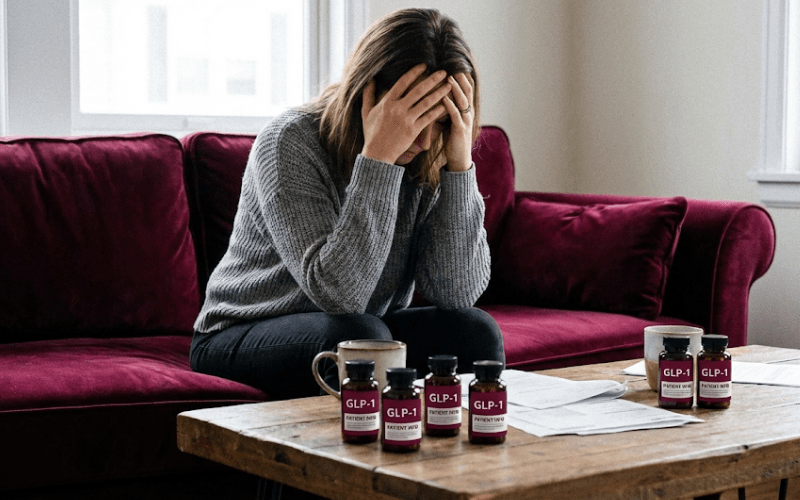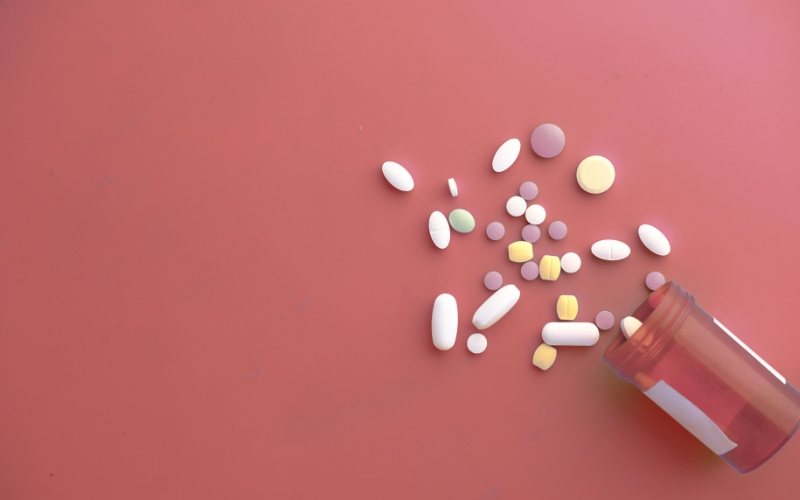Let’s be honest, nothing messes up your day quite like bloating. That heavy, stretched, uncomfortable feeling that sneaks up right after you’ve eaten or sometimes even before you’ve had your first coffee. It makes you feel sluggish, full, and let’s admit it, kind of miserable.
But here’s the thing: bloating isn’t just about food. It’s your body’s way of waving a flag that something’s off balance. Once you start understanding what triggers it, fixing it becomes a lot easier than you’d think.
What Exactly Is Bloating?
Think of bloating as your digestive system’s traffic jam. Normally, food moves smoothly through your stomach and intestines. But when gas, water, or undigested food gets trapped along the wayit’s like a roadblock. Your stomach expands, pressure builds up, and that’s when you start feeling puffy and uncomfortable.
And no, it’s not always about overeating. Sometimes, it’s your gut reacting to certain foods, hormonal changes, or even stress.
The Common Culprits Behind Bloating
Let’s break down what really causes that balloon belly.
1. Eating Too Fast
We’re all guilty of it. Scarfing down a meal between meetings, scrolling Instagram, or eating on the go. But when you eat too quickly, you swallow a lot of air along with your food. That air has to go somewhereand often, it ends up trapped in your digestive tract.
Try slowing down. Chew properly. Enjoy the meal. It’s not just better for digestion, it’s a small act of mindfulness.
2. The “Healthy” Foods That Cause Gas
Surprise—those fiber-packed vegetables like broccoli, cauliflower, and beans? They’re great for you, but your gut bacteria throw a party when they break them down. The result? Gas. Lots of it.
You don’t have to cut them out completely, but introduce them gradually if your body isn’t used to high fiber intake. Cooking them instead of eating them raw also helps ease digestion.
3. Dairy Drama
If milk, cheese, or ice cream tend to leave you feeling bloated, lactose intolerance could be the reason. Your body might not produce enough lactasethe enzyme needed to digest lactoseleading to gas and bloating.
Try switching to lactose-free options or plant-based alternatives like almond or oat milk.
4. Hormonal Fluctuations
Ladies, you know this one. Bloating during PMS or your period isn’t in your imagination. Hormonal shiftsespecially a drop in progesteronecan cause water retention and slower digestion.
Hydration, exercise, and cutting back on salty foods during that time can really make a difference.
5. Artificial Sweeteners
Sugar-free doesn’t always mean gut-friendly. Sweeteners like sorbitol or xylitol can ferment in your gut, leading toyou guessed itbloating. Check your protein bars, diet sodas, and “low-calorie” snacks for these culprits.
6. Stress
When your brain is on overdrive, your gut feels it. Stress slows down digestion, changes gut motility, and alters the microbiome. It’s why so many people notice more bloating or IBS symptoms during stressful times.
The Gut Connection
Your gut is home to trillions of bacteriasome helpful, some not so much. When that balance tips (say, after antibiotics, poor diet, or chronic stress), digestion becomes inefficient. The result? Gas, bloating, irregularity.
Supporting your gut health is one of the best long-term ways to tackle bloating. Think probiotic-rich foods like yogurt, kefir, kimchi, or even supplements after consulting your doctor. Prebioticsfound in foods like garlic, onions, and bananashelp feed the good bacteria, too.
Small Changes, Big Relief
You don’t need to overhaul your life to beat bloating. Start with these small but effective tweaks:
- Eat slower – Give your body time to signal fullness and reduce swallowed air.
- Hydrate well – Water keeps digestion moving and reduces fluid retention.
- Move your body – Even a short walk after meals can help release trapped gas.
- Cut down on carbonated drinks – Those bubbles don’t just disappear once you swallow them.
- Watch your salt intake – Too much sodium leads to water retention.
- Don’t skip meals – Irregular eating patterns confuse your digestive rhythm.
If bloating happens regularly even after making changes, it’s worth consulting a doctor or nutritionist. Sometimes chronic bloating can point to deeper issues like food intolerances, IBS, or hormonal imbalances.
When to Worry
Occasional bloating is normal. But if it’s happening every day, accompanied by pain, weight loss, or changes in bowel habits, don’t brush it off. Persistent bloating could be a symptom of something that needs medical attention.
The Bottom Line
Bloating is your body’s way of talking to you. It’s not randomit’s feedback. And the more you tune in, the better you’ll feel.
Your gut deserves care. From how you eat to what you eat to how you handle stressevery little habit adds up.




